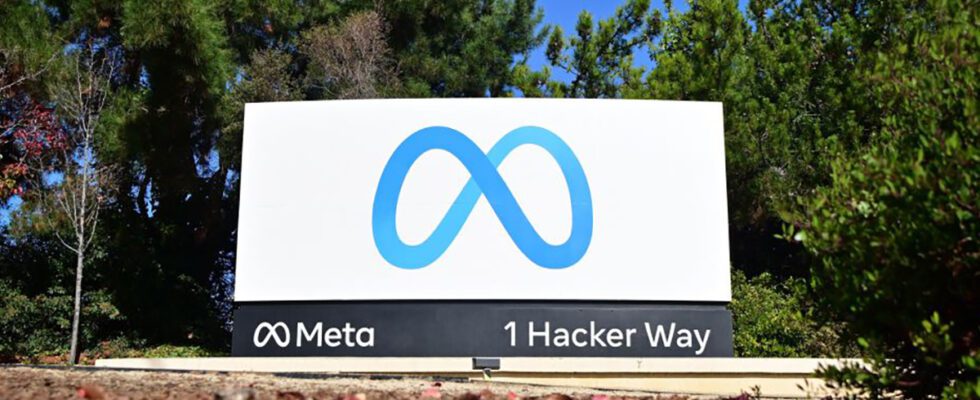Since Elon Musk took the helm of Twitter late last year, the company has experienced mass layoffs, multiple technical failures, and massive losses in advertising revenue. Users also suffered data breaches and online disputes with the company’s CEO, among other things.
As a result, millions of users left Twitter. And some are looking for an alternative to the app that was once hailed as a premier digital public square. Competitors are therefore seeking to create their own digital public square and take advantage of the confusion that reigns at Twitter.
Meta, the parent company of the Facebook, Instagram and WhatsApp apps, is creating its own alternative to Twitter, according to Moneycontrol. According to an email sent by Meta to Platformer, Meta is “exploring a self-contained, decentralized social network for sharing text updates.”
On a decentralized network, there is not a single person who manages the network
Meta says there is an opportunity for creators and public figures to coexist and interact on one platform. This opportunity exists, but it was realized 17 years ago by the founders of Twitter. The opportunity for new applications similar to Twitter is not due to a new and innovative idea, but to the mismanagement of Twitter, its decline in popularity and the decrease in its income, which has made room to its competitors.
According to sources close to Meta’s new project, the company is still in the early stages of development. But according to Moneycontrol, the project is called P92, and users can log into the app using their Instagram account credentials.
Like Mastodon, Meta plans to create a decentralized social media platform. Decentralized social networks differ from centralized networks because they are controlled by multiple entities. On a decentralized network, there is no single person managing the network.
An opportunity between Twitter and Mastodon
Historically, Meta has not been a supporter of decentralized networks. In fact, enterprise applications even rely heavily on walled garden logic to maximize profits from marketing and advertising campaigns. But the walled garden business model is coming under increasing scrutiny from lawmakers, with antitrust laws threatening some aspects of the model’s legality.
Creating a decentralized alternative to Twitter remains a challenge, however. Last November, Mastodon saw over a million former Twitter users join the platform, but failed to retain them. Still, at the height of its popularity, the platform posed a real threat to Elon Musk, who briefly banned sharing Mastodon links on Twitter.
However, Twitter’s popularity remains very strong, despite the significant problems encountered over the past six months. And on the Mastodon side, the sometimes complicated user experience does not encourage daily practice any more than that.
What business model for decentralized platforms?
But late last year, the Mastodon founder also revealed that the company had turned down several Silicon Valley investment offers to preserve the platform’s nonprofit status. So it’s no surprise that Meta, which is obviously a for-profit company, can use this status to funnel funds and resources to its decentralized platform.
Decentralized platforms do not use the advertising tactics typical of Web2 social media platforms. Mastodon has no advertising. And for now, no one knows how Meta’s new platform will make money.
The Web3, the next iteration of the web’s infrastructure, promotes the use of blockchain technology to reward customers who participate in an exchange with an online seller. It is a complex technology that has not yet been widely adopted.
Meta, Web2 giant, to Web3
But it might be interesting to see a company that has come under heavy criticism for its questionable advertising methods and predatory algorithms pivot to a decentralized platform. Can Meta thrive on a forum lacking the characteristics of the foundation of its business practices?
Thus, Meta could be the first Web2 giant to successfully switch to Web3 technology. So maybe it’s time to learn how to use decentralized social media platforms.
Source: ZDNet.com
